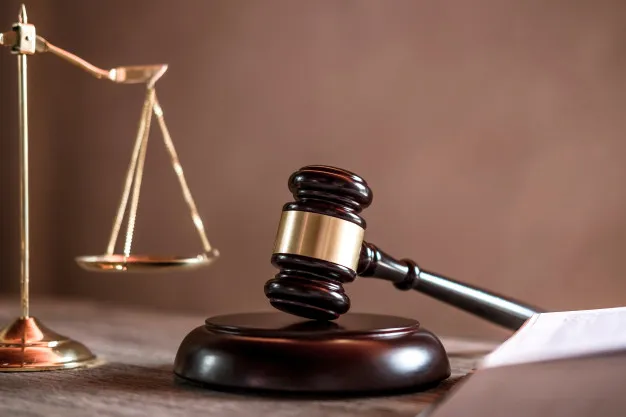Justice Sylvanus Oriji of the High Court of the Federal Capital Territory has extended the order restricting participants in the hunger protest against the federal government to the MKO Abiola Stadium, also known as the National Stadium.
The judge extended the order on Tuesday following an application argued by Ogwu James Onoja SAN on behalf of the Minister of the Federal Capital Territory (FCT).
During Tuesday’s proceedings, none of the eleven defendants appeared in court, nor were they represented by any legal practitioners.
However, the FCT Minister’s lawyer drew the judge’s attention to a statement issued by one Damilare Adenola, who threatened that the nationwide protests might be extended beyond the initial 10 days.
Onoja SAN argued that, since the defendants were not present and their next course of action was unknown, it would be prudent to extend the order to ensure that the peace of the FCT was not unjustly disrupted.
In a brief ruling, the judge granted the request and affirmed that the order of July 31 remained valid and in force.
The judge subsequently fixed August 22 for the hearing of the motion on notice.
On July 31, in an ex-parte application argued by Chief Onoja SAN, the FCT Minister had sought an order of interim injunction restraining the five leaders of the protesting groups from gathering or parading themselves along any roadway, streets, offices, or public premises within the FCT from August 1 to August 10, or any other day thereafter, pending the hearing and determination of the motion on notice.
He also sought another order of interim injunction mandating security agencies to prevent the protesting leaders from gathering or parading themselves along any roadway, offices, or public premises within the FCT between August 1 and 10, pending the hearing of his motion on notice.
The minister, while expressing that the federal government was not opposed to the protest, claimed that intelligence and security reports indicated that some elements within the protest leadership intended to use the planned protest to cause havoc, damage public facilities, block roadways, and disrupt public peace.




